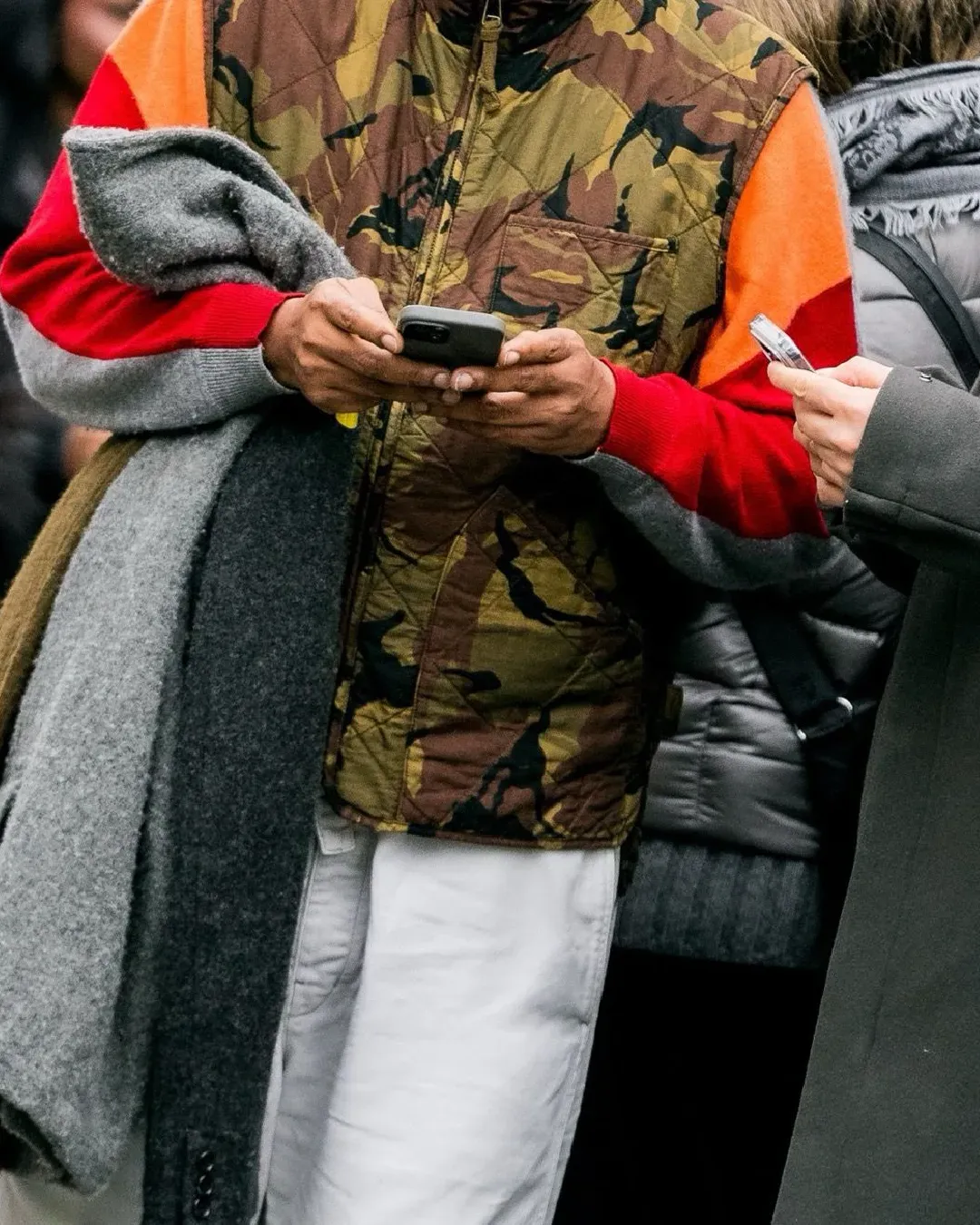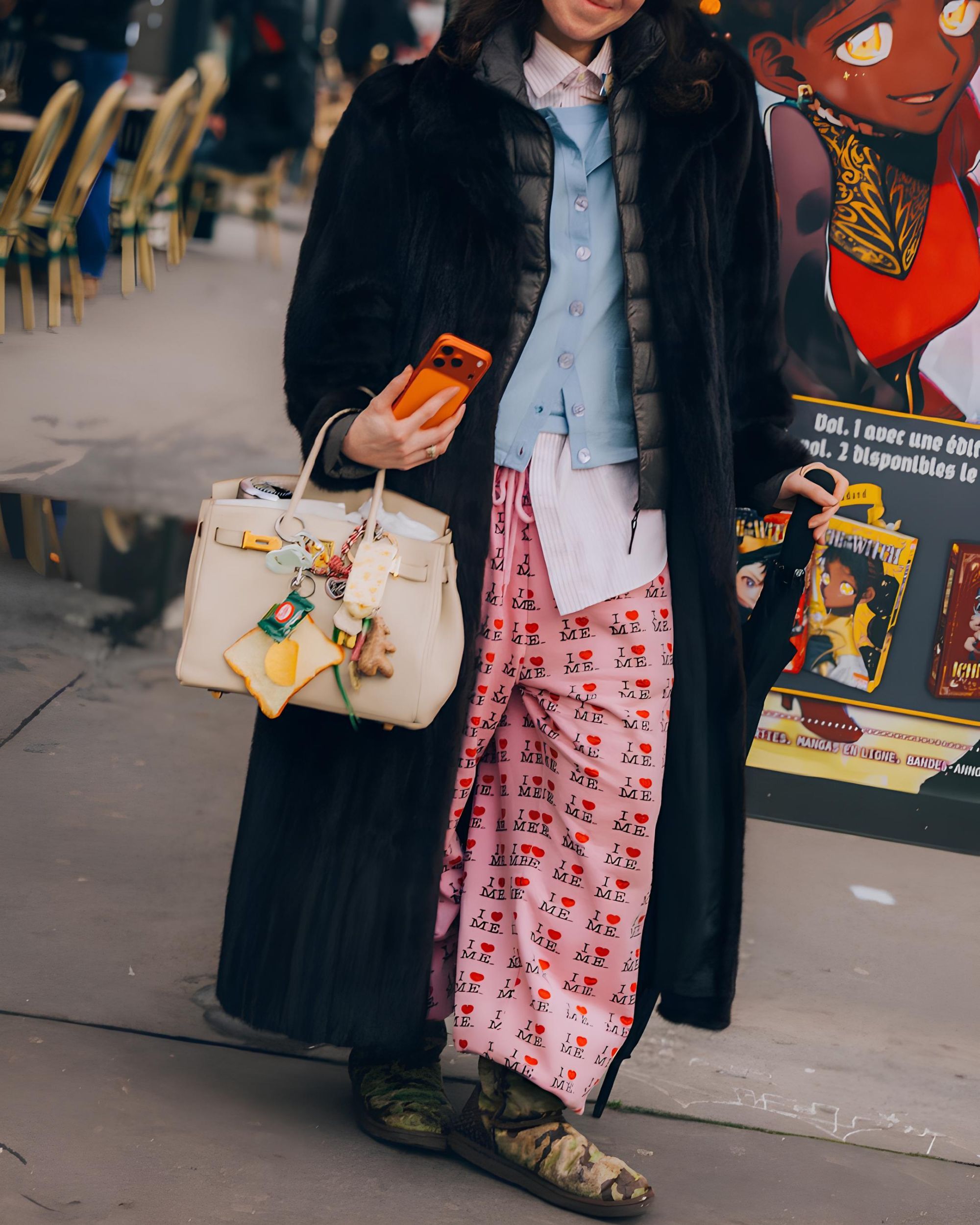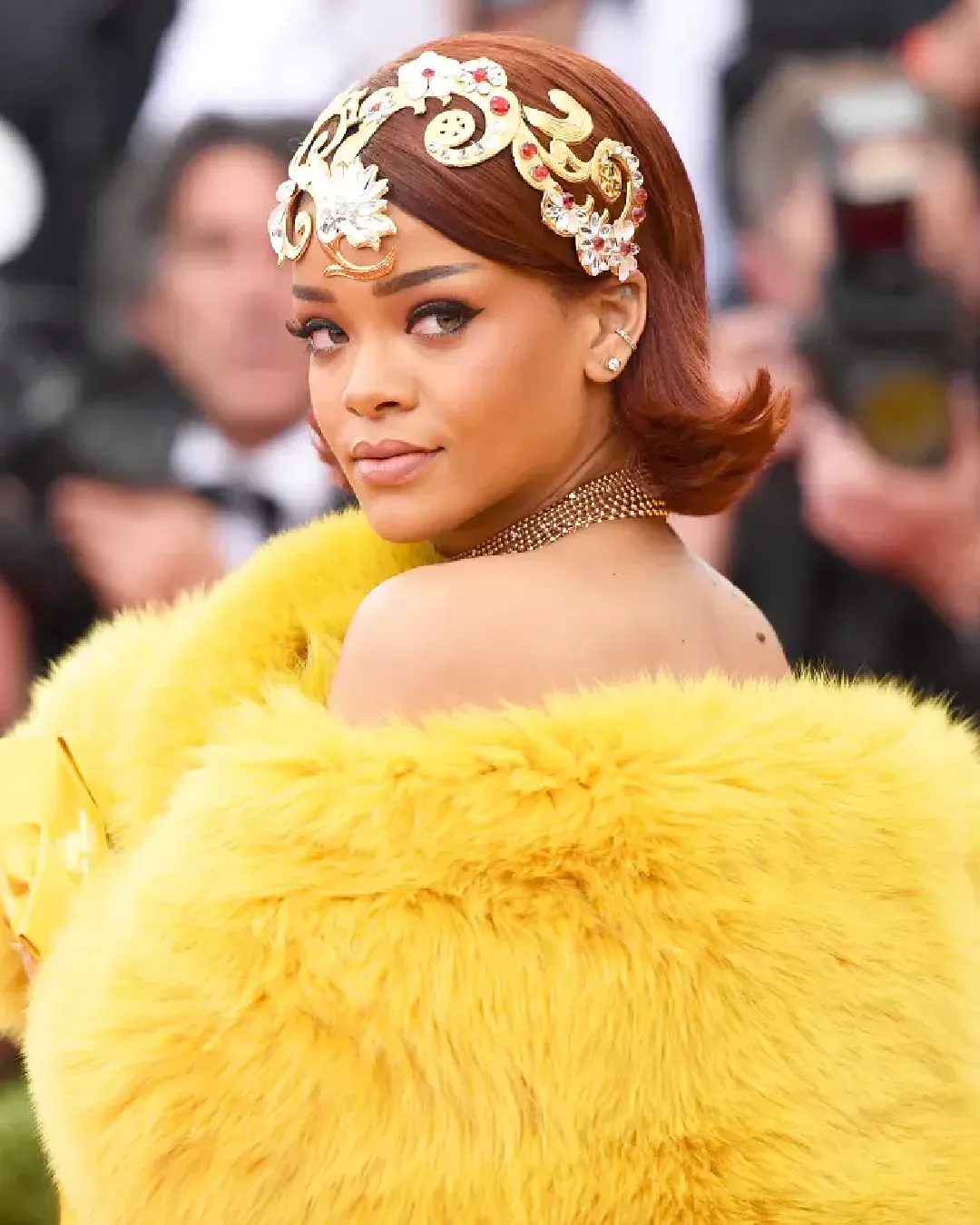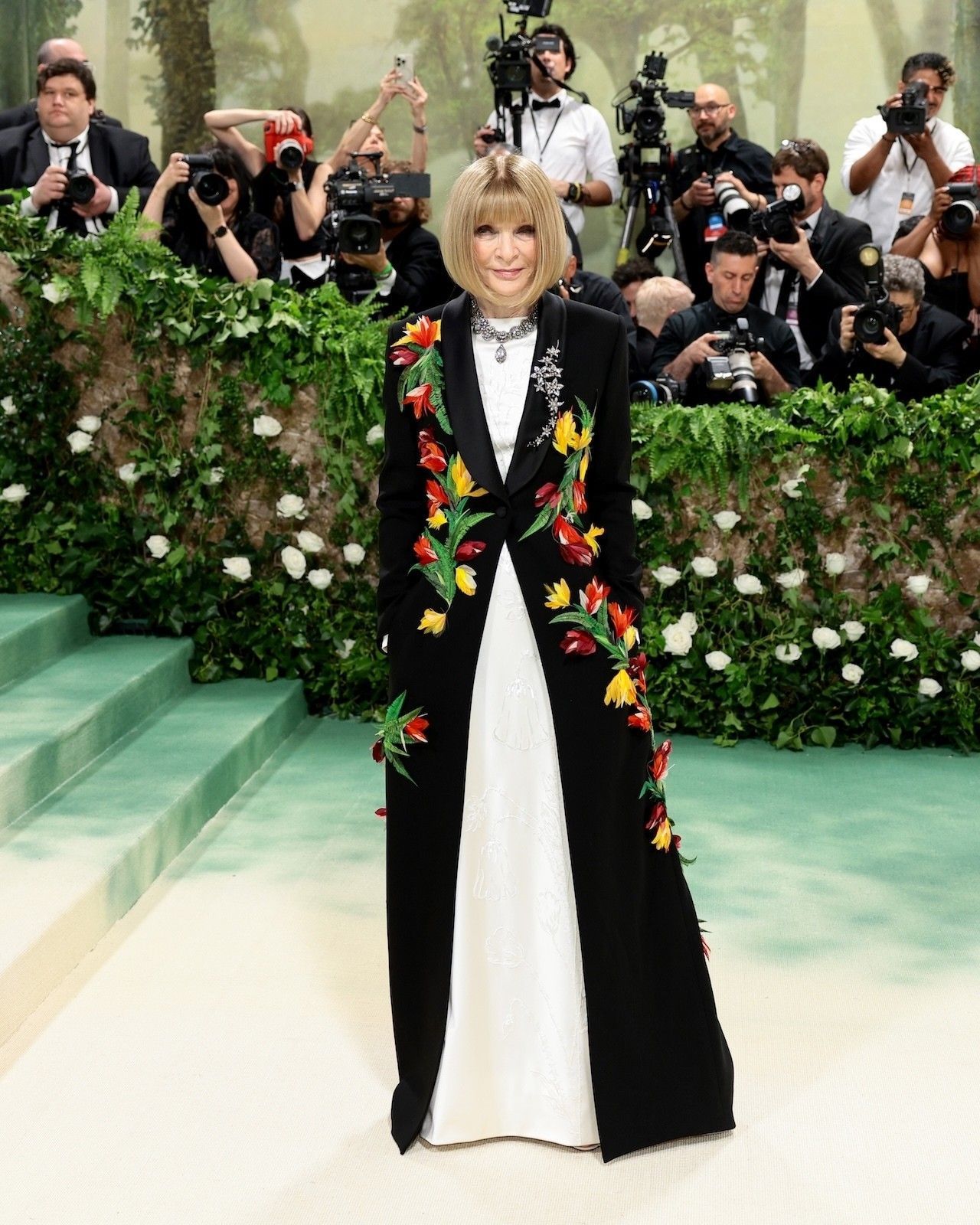
Instagram wants to become the main platform for fashion But there are many other competitors on the market
A week ago the Instagram team, under the lead of Fashion Partnerships Director Eva Chen, prepared a 13-pages document with all kind of tips for brands to host a fashion show on its platform. It is a real handbook with all the indications on how to solve some basic problems, as to how to invite followers to stream the events, how to grant a “behind the scenes” access and how to include influencers on a more special level.
This move by Instagram inaugurates the challenge on what digital platform will become the new online fashion hub, following Saint Laurent and Gucci's decisions to give up on the fashion week's traditional seasonal calendar. Beside Instagram - that still is the more fashion-friendly social - YouTube is a competitor, but lately, some unexpected players as TikTok and Animal Crossing are emerging in the digital landscape. In light of this trend, we can't exclude even more creative solutions as the involvement of players as Netflix or Amazon Prime Video.
During the lockdown, the fashion industry tried new paths with different results: the first one was the Fashion Unites fashion show by Carine Roitfeld on YouTube, followed by Anna Wintour hosting A Moment with the Met, but users took their chances, too: we can't even count the initiatives on Animal Crossing (where Berlin's Reference Festival recently hosted its entirely digital fashion week) and even The Sims alter egos are wearing clothes by Mugler, Versace and Bottega Veneta (and they host their own fashion week, too). Despite these first experiences bet on different platforms, Instagram remains the most likeable to convince the fashion industry: in the past months of quarantine, the platform registered a profit growth of the 4% and a consequent increase of fashion-related contents.
Even before the state of emergency, fashion shows were thought to be live-streamed on Instagram and their set was built to become an attraction to all the influencers and be posted. For how much the pandemic had a negative impact on the trend of influencer marketing, during the lockdown there's been an increase of Instagram users that committed in live streaming and long-form videos (+70% compared to 2019).
Instagram looks like the most logical choice, but the organizations that manage London, Paris and Milan fashion weeks are already studying new platforms to host their events in June/July: a new platform on the market, though, would risk becoming a new competitor to the platforms that are already successful. Then why fashion weeks couldn't use the experience of a leader-app as Instagram to engage their communities?
The digitalization of the fashion weeks shines the light on another important topic. Fashion weeks, in their very own development, were born as a "conglomerate" of events to help all the professionals, journalists, buyers, directors and influencers that need to travel to be present at any event: given their travels, it is always been logical to host more and more events on a specific place and time. Though, as the e-commerce already eliminated the need to put under the same roof the more items one could get, with online fashion weeks there will be no need to host them during one seasonal slot. It is no difficult, though, to think that Instagram could not be seen only as an opportunity, but also as a threat to the tradition of a fashion system that many are already questioning.
It is unlikely that Instagram will end up destroying the system itself of the fashion weeks: they still remain a fundamental moment for all the fashion industry to come together in one place. Furthermore, digital fashion weeks will never have the same "magic" of the traditional ones, feeding the dreams machine with their special guests and posts on Instagram itself. In fact, Instagram does not even want to replace them: its goal is to be a temporary solution to a problem that is real and urgent (as pointed out in the handbook by Eva Chen and her group). Since many creative industries are moving online (from Travis Scott's concert on Fortnite to the films that are skipping their theatrical release), it is legit to think that these new virtual experiences will influence the industry's habits on a much deeper level than what they would do if they only were a "temporary phase".




































































